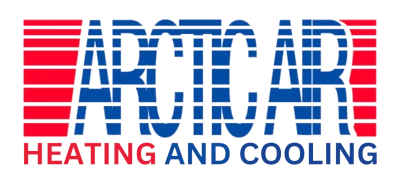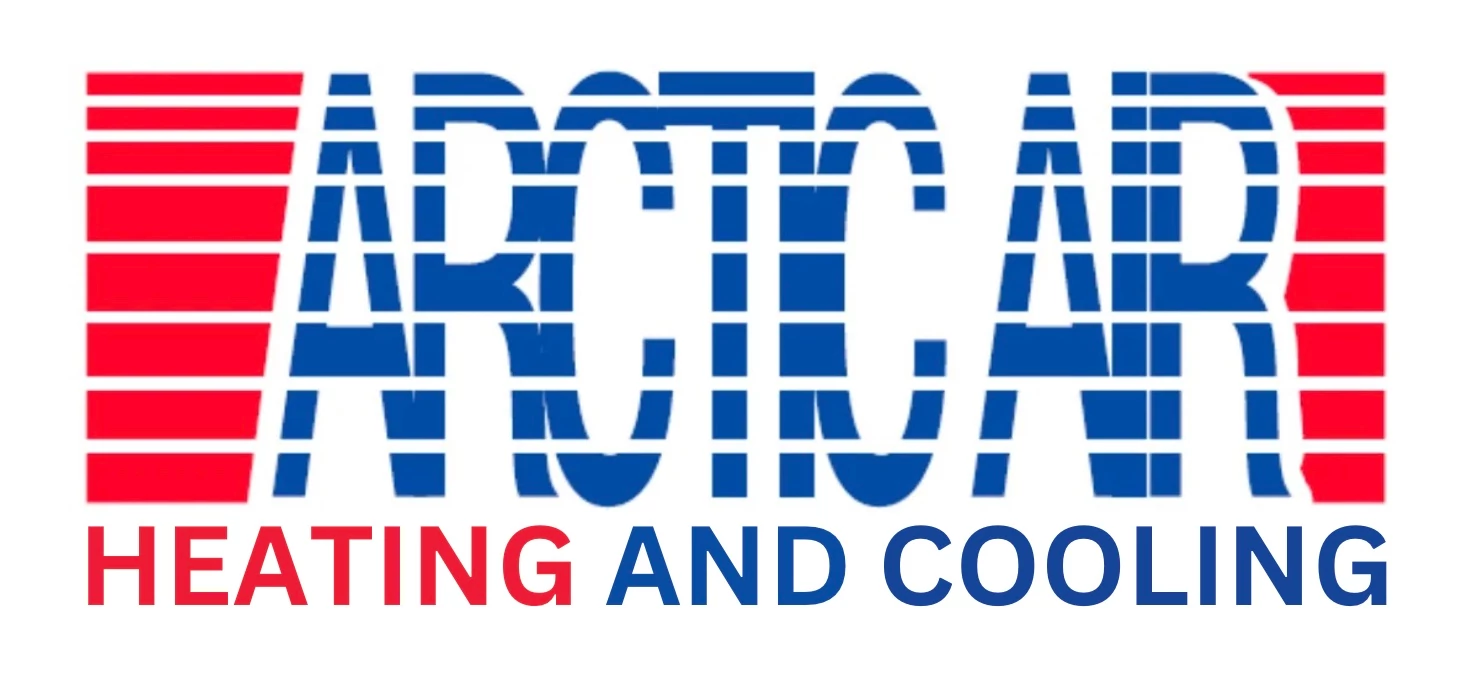Heat pumps can provide the most energy efficient way to keep your home comfortable all fall and winter. They aren’t the best choice for every home, but in those they are right for they can be the perfect solution to keep winter chills at bay.
There are some things that heat pump owners do need to know – and keep in mind – though to help ensure their unit keeps them warm all season long. Here’s a look at some of the most important:
1. Protect Your Heat Pump From the Elements
In order for it to work properly your pump’s outdoor unit needs to be free of snow, ice and fallen leaves. This includes the top, sides and bottom. Building a winter cover that shelters the top of the unit can be an excellent way to keep your unit drier. You can find out how to do that here.Â
2. Prevent Winter Build Up Before It Becomes a Big Problem
Make it a habit to check the outdoor heat pump during the winter months for signs of excessive ice or snow build-up on or around the unit. This is especially important after bad weather.
3. Shovel Ice and Snow As Soon As Possible
If the outdoor heat pump unit is covered in snow or ice, your heat pump just won’t work properly until it is all removed. Turn the thermostat to emergency heat or the off position while removing the buildup. To melt tough snow and ice, pour warm water or even cold hose water on top.
4. Clear Up Carefully
Don’t use any sharp objects to pick or knock the ice off the coils of the heat pump. This could cause major damage to both the heat pump unit and yourself. Once the unit is clear of snow and ice, turn the thermostat back to normal heating. If the unit ices up again, call for service.
5. Is Your Heat Pump Elevated and Away From Leaky Gutters?
Ensure that you outdoor unit is not located underneath a leaking gutter. In the winter months, water will drip on the top of the unit and freeze solid. This will restrict the air flow and cause the whole unit to freeze-up, leaving you in the cold (literally)
Your outdoor unit should also be elevated 4 to 8 inches above ground level to keep coils clear of snow and ice and to allow for proper drainage. If yours is not, call in a pro to help you change that.
6. Get An Early Winter Check Up
Like every other appliance in your home, and any other component of your HVAC system, your heat pump needs the occasional check up to ensure it’s in great working order and there aren’t any problems lurking that you can’t see.
Late fall or early winter is the best time to schedule an appointment to have your heat pump professionally serviced, so if you haven’t done so already the time to make that call is now!

